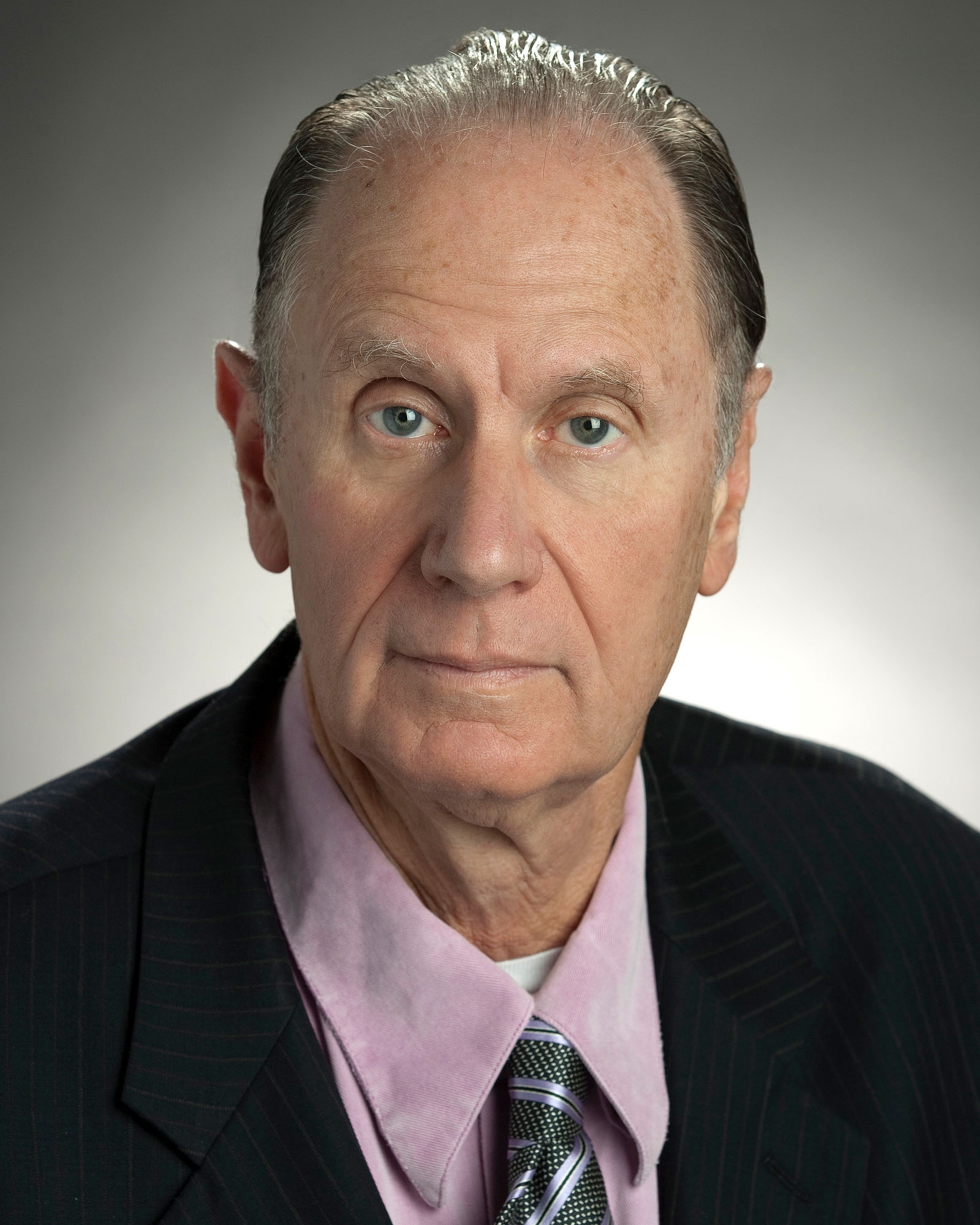David Bonderman

David Bonderman is Co-Founder and Chairman of TPG Inc. (NASDAQ: TPG), a leading global alternative asset management firm with $120 billion in assets under management and offices around the world. TPG invests across five multi-product platforms: Capital, Growth, Impact, Real Estate, and Market Solutions.
Prior to forming TPG in 1992, Mr. Bonderman was Chief Operating Officer of the Robert M. Bass Group, Inc. (RMBG), now doing business as Oak Hill Partners. Prior to joining RMBG in 1983, Mr. Bonderman was a Partner in the law firm of Arnold & Porter in Washington, D.C., where he specialized in corporate, securities, bankruptcy, and antitrust litigation. From 1969 to 1970, Mr. Bonderman was a Fellow in Foreign and Comparative Law in conjunction with Harvard University and from 1968 to 1969, he was Special Assistant to the U.S. Attorney General in the Civil Rights Division. From 1967 to 1968, Mr. Bonderman was Assistant Professor at Tulane University School of Law in New Orleans.
Mr. Bonderman graduated Magna Cum Laude from Harvard Law School in 1966. He was a member of the Harvard Law Review and a Sheldon Fellow. He is a 1963 graduate of the University of Washington in Seattle.
Mr. Bonderman serves on a number of public and private boards, some of which include: Allogene Therapeutics, Inc.; Boston Championship Basketball, LLC; Seattle Hockey Partners; The Rock and Roll Hall of Fame Foundation; and The Rise Fund. In addition, he serves on the boards of the American Himalayan Foundation, The Wilderness Society, the Grand Canyon Trust, Wyss Foundation, and funds the Wildcat Foundation. Mr. Bonderman is the Chairman and majority owner of the Seattle Kraken hockey team, the NHL’s newest franchise.